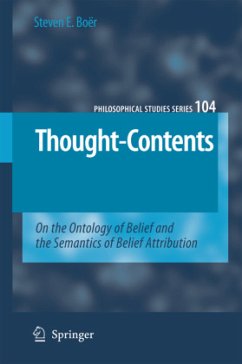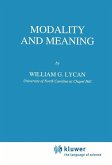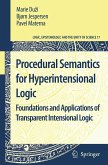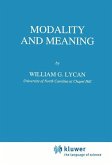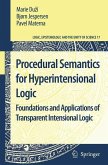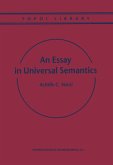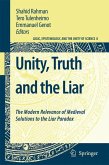According to our commonsense view of the matter, beliefs, desires, intentions and the like are special kinds of internal states the possession of which by a given cr- ture potentially explains its behavior and otherwise renders the creature intelligible to us. So-called folk psychology provides us with a rough-and-ready network of counterfactuals delimiting the role supposedly played by these internal states v- à-vis perceptual input, inference, and behavioral output in a normal member of our species. The exact empirical details of this network do not matter here, for we are not undertaking further re nement or systematization of the relevant counterfac- als. Instead, our topic is the ontological analysis of the internal states that occupy the nodes of this complex network and the bearing of that analysis on the truth conditions of the sentences we use to ascribe beliefs and related states. The relevant counterfactuals canonically describe particular belief-, desire-, and intention-states as states of believing, desiring, and intending that such-a- such. The use of in nitival clauses to describe desires and intentions is not really an exception, for desiring or intending to do A (or to be F) is just having a self-regarding desire or intention that oneself does A (or that oneself is F). By the lights of our commonsense psychology, then, to be in a particular belief-, desire-, or intention-state is to bear the corresponding attitudinal relation- believing, desiring, or intending-to a certain content.
Bitte wählen Sie Ihr Anliegen aus.
Rechnungen
Retourenschein anfordern
Bestellstatus
Storno

